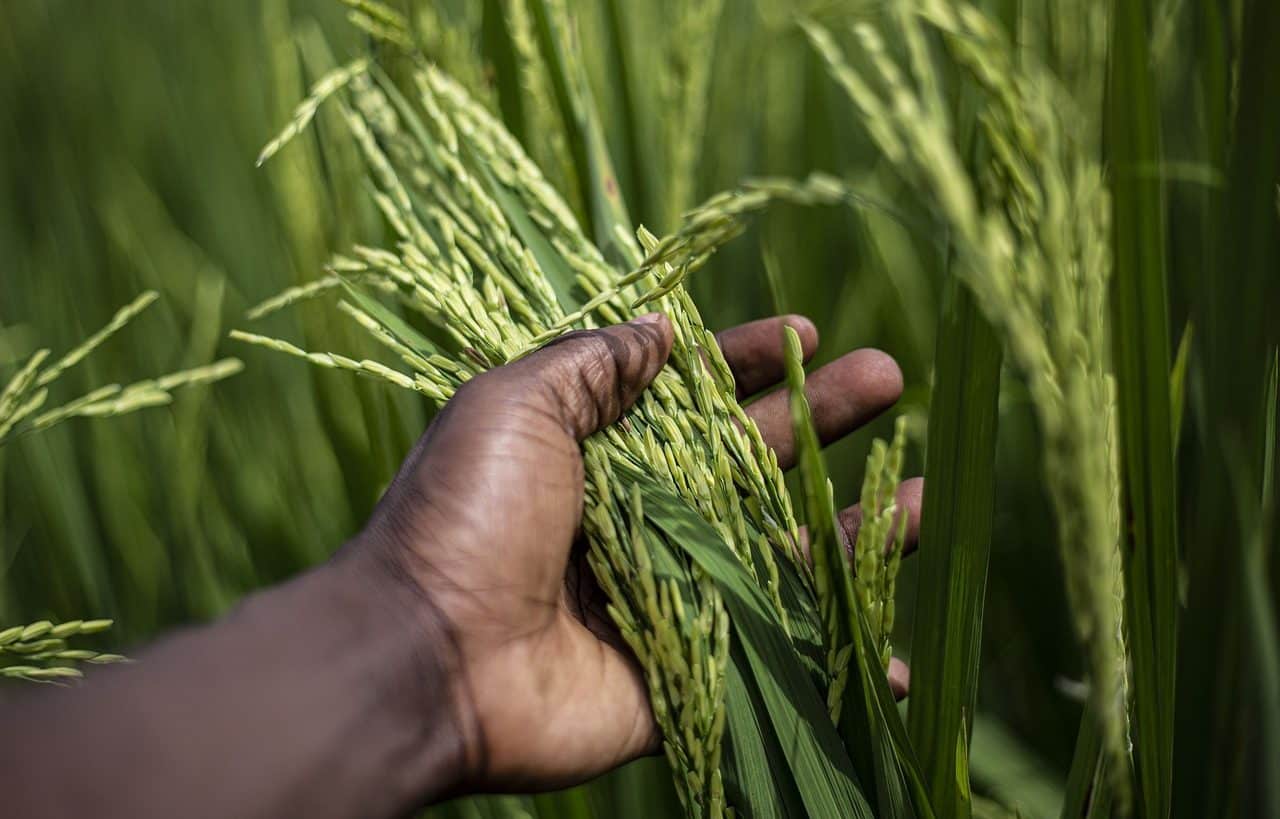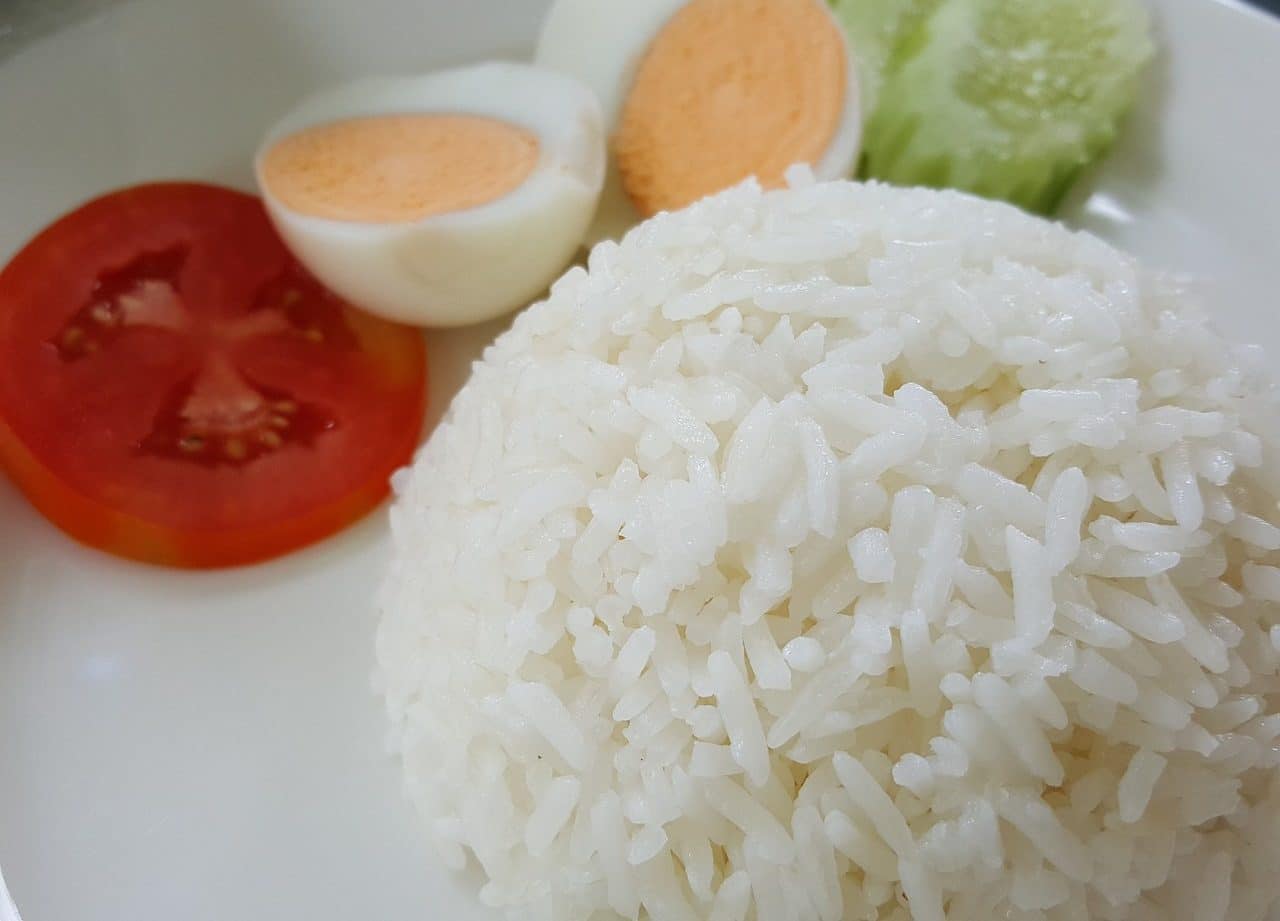
Rice is the colloquial name of the plant Oryza sativa.
Rice is the plant whose scientific name is Oryza sativa , which is part of the grass family. The fruit of this plant is an edible grain that is also called rice.
It should be noted that the etymological journey of the term is very extensive. The earliest roots of the concept are found in Sanskrit urīhi . It then passed into Greek ( óryza ), classical Arabic ( aruz ) and Hispanic Arabic ( arráwz ) before reaching our language .
Rice consumption
Rice is one of the most consumed cereals on the entire planet. In some Asian countries, in fact, it is the main food product. Gluten , lysine and starch are some of the substances present in its grains .
Typically, rice undergoes a process to remove its covering, which is transformed into bran . Grain without such a cover can be stored with little change for long periods. When the bran is kept, it is called brown rice .
There are endless varieties of rice. According to the size of the grain, it is possible to distinguish between short grain rice (used in the preparation of sushi ), medium grain rice (used in Spanish paellas ) and long grain rice (popular in the United States). , India and China ).
Cooking rice is also diverse. It can be boiled in water, steamed or fried. The grains also make it possible to produce rice flour , rice milk , rice vinegar , rice noodles and alcoholic beverages such as sake and rice wine .

Rice can be consumed in different ways.
Your benefits
Among the many benefits that rice has for our health , it should be noted that it is a source of energy that acts almost immediately, helping to maintain correct blood sugar levels and improving the skin, among other actions. . Let's see below some of the advantages of this food in more detail:
- It is very nutritious : the nutritional value of rice is really considerable, and this occurs in both brown and white. While the former is rich in fiber and therefore helps with the digestive process, white rice is a good source of iron and calcium , as well as vitamin D, niacin, riboflavin and thiamine .
- It is healthy for the heart : one of the reasons why rice is so popular in almost all countries in the world is its low percentage of cholesterol and saturated fats , something that is very beneficial for the maintenance of our body, as well as for complement slimming diets.
- Prevents certain diseases : Although it may seem incredible, eating rice regularly can have a positive impact in the fight against diseases such as Alzheimer's, as well as strokes and heart disorders. This is due to the amount of neutraltransmitters it contains, especially brown rice. Its peel, on the other hand, is an effective remedy against dysentery and has diuretic properties.
- It is rich in carbohydrates : this makes it a very rich source of energy that acts as fuel for our body. The long chains of complex carbohydrates that make up rice take a long time to break down. For this reason, carbohydrates provide us with constant energy. Regarding starch , its low carbohydrate content is ideal for people with diabetes.
- It is a great source of fiber : one of the most common uses of rice as a home remedy is the prevention of constipation, because its fiber collaborates in the development of bacteria that benefit our digestion and also maintain regular bowel movement.
